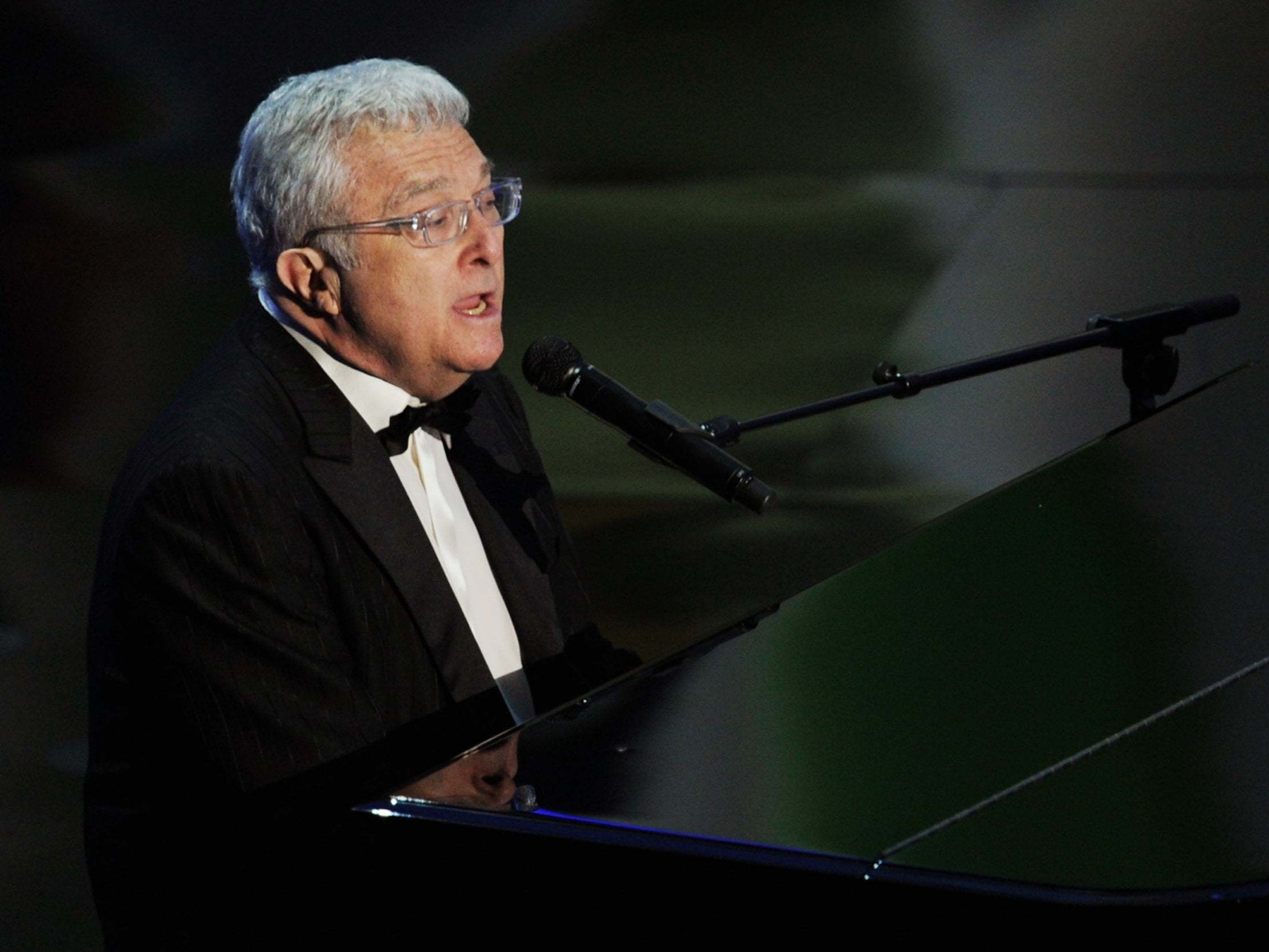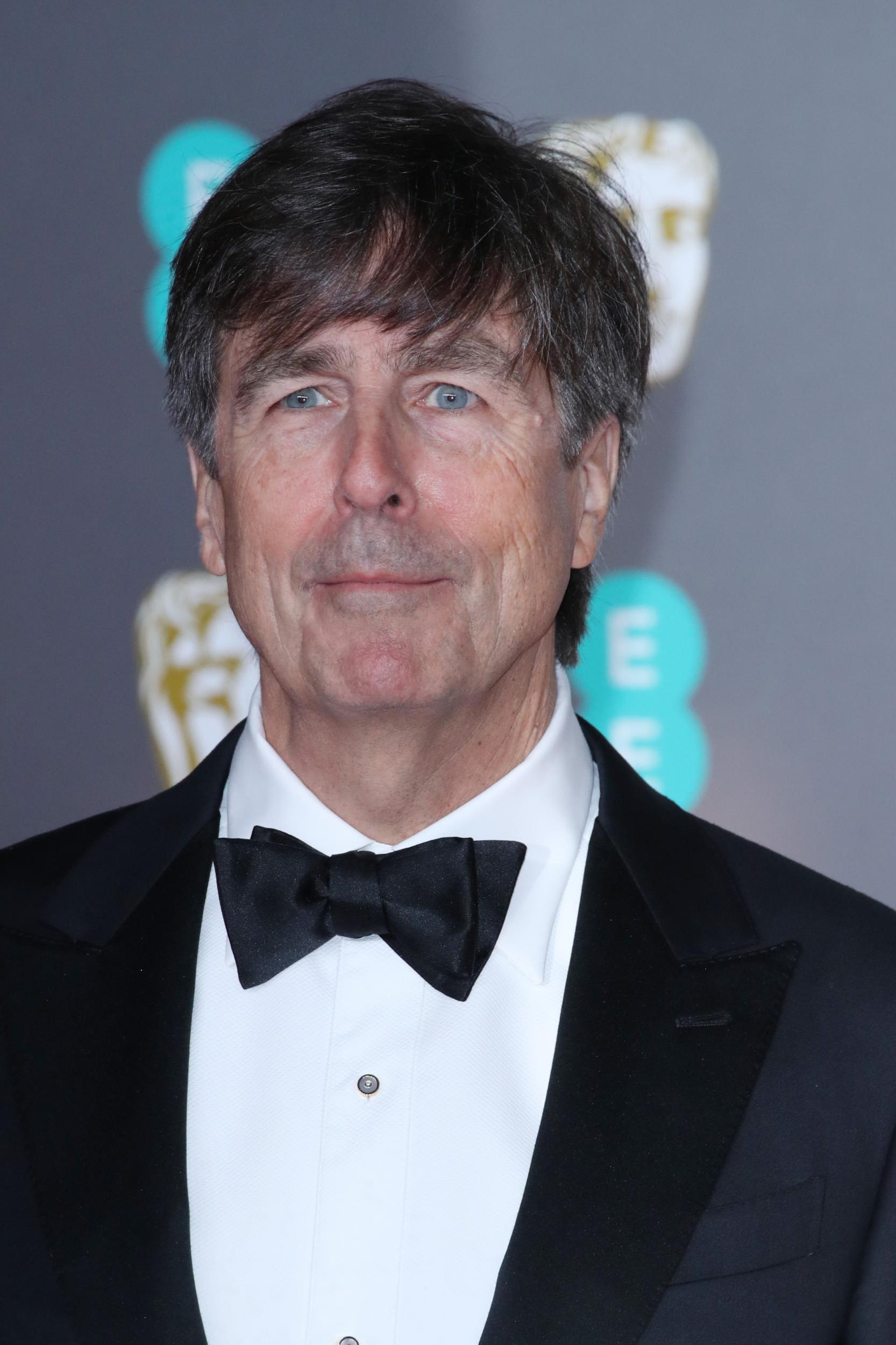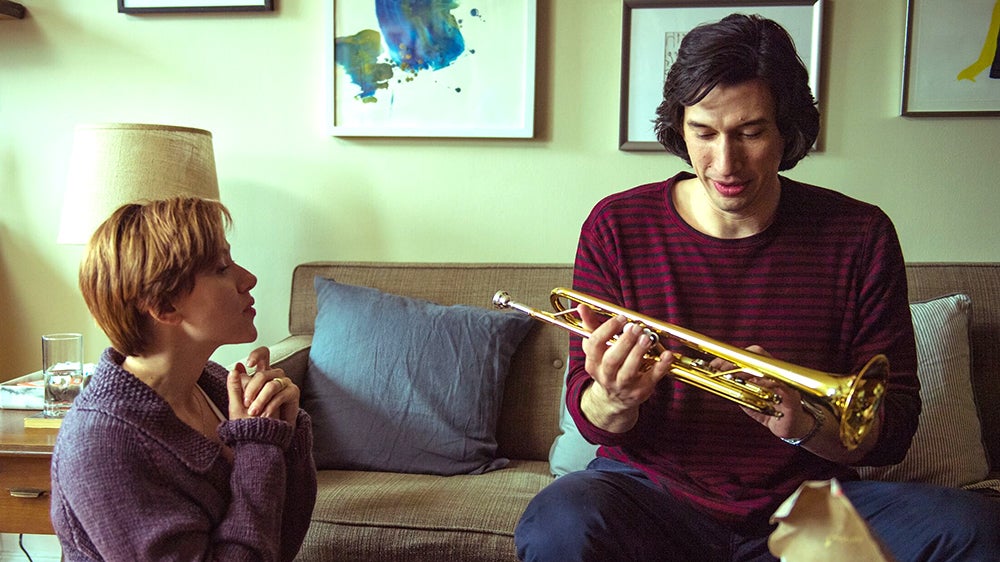How the Newman family conquered the Oscars
The Newmans are Oscar royalty, having won 12 Academy Awards between them so far, writes Martin Chilton. Last night, Randy and Thomas Newman went head to head


Your support helps us to tell the story
From reproductive rights to climate change to Big Tech, The Independent is on the ground when the story is developing. Whether it's investigating the financials of Elon Musk's pro-Trump PAC or producing our latest documentary, 'The A Word', which shines a light on the American women fighting for reproductive rights, we know how important it is to parse out the facts from the messaging.
At such a critical moment in US history, we need reporters on the ground. Your donation allows us to keep sending journalists to speak to both sides of the story.
The Independent is trusted by Americans across the entire political spectrum. And unlike many other quality news outlets, we choose not to lock Americans out of our reporting and analysis with paywalls. We believe quality journalism should be available to everyone, paid for by those who can afford it.
Your support makes all the difference.The Newman Family are truly Oscar royalty. Between them, by the start of 2020, Alfred, Lionel, Emil, Thomas, David and Randy had won 12 Academy Awards, earning 93 further nominations. This year’s ceremony also featured the battle of the cousins – Randy v Thomas, who both lost out on an Oscar for Best Original Score.
Randy, 76, performed the Toy Story 4 song “I Can’t Let You Throw Yourself Away” at Hollywood’s Dolby Theatre, an entry that had been nominated for Best Original Song. The brilliant satirical singer-songwriter was also on the shortlist for Best Original Score, for his work on Marriage Story. In that latter category, he was up against his younger cousin, Thomas, who scored 1917. Thomas said that his challenge in 1917 was to create the sort of “dystopically beautiful” music that director Sam Mendes wanted for his First World War thriller. “None of us will admit to competitiveness,” Randy told CBS, when the nominations were announced. In the end, they lost out to Hildur Guðnadóttir for Joker.
Randy’s father, Irving George Newman, was one of five brothers to Alfred (Thomas’s father), a man who put an indelible stamp on the whole business of film music, winning nine Oscars and gaining 43 further nominations. In 1933, Alfred created the famous 20th Century Fox Fanfare, the snare drum and brass-driven studio “logo” music that accompanied the image of the Fox monolith, lit by roving searchlights, that has set pulses racing among cinema fans for nearly a century. The fanfare gained new popularity in the 1970s and 1980s when Alfred’s short work was used to herald the Star Wars movies.

When I interviewed Randy in 2015, he chatted about how much his father, a physician, adored his brother’s film music. Randy said he had grown up in a household that was bursting with enthusiasm for cinema. He was a huge fan of the films of Laurel and Hardy, and Martin and Lewis, but admitted he had felt no pressing urge in his early twenties to follow his uncle and create music for films.
That changed in 1971, when the 27-year-old scored Cold Turkey for director Norman Lear. The satire, starring Dick Van Dyke, is notable for the theme song “He Gives Us All His Love”, which Randy later re-recorded for his seminal album Sail Away. Over the following 50 years, he’s become one of the world’s most popular film composers, partly thanks to a creative partnership with Disney-Pixar, for whom he has scored nine films. He won his two Best Original Song Oscars in 2001 and 2010 for “If I Didn’t Have You” from Monsters Inc. and for “We Belong Together” from Toy Story 3.
His brilliant music for Ragtime, The Natural, Avalon and Pleasantville has also earned him Oscar nominations. He was proud of his work on these more “serious” films, telling me that “I got pigeonholed doing animation, which is probably as hard as anything. I would rather have done a dramatic picture occasionally and I was maybe best at that… but doing movie music keeps you sharp because, harmonically and musically in general, you have to cover a wide range of stuff.”
Randy certainly had big shoes to step into when he followed his uncles into the movie business. “What Alfred did was pretty close to being the greatest stuff in the world,” he said. Alfred, who was 69 when he died in 1970, was a piano prodigy, giving recitals from the age of eight. He went on to score more than 300 films, winning his golden statuettes for scoring Alexander’s Ragtime Band (1938), Tin Pan Alley (1940), The Song of Bernadette (1943), Mother Wore Tights (1947), With a Song in My Heart (1952), Call Me Madam (1953), Love Is a Many-Splendored Thing (1955), The King and I (1956) and for orchestrating Camelot (1967).
Alfred, who was the music director for United Artists, for Samuel Goldwyn and, from 1939 to 1960, for 20th Century Fox, pioneered the technique of scoring music that followed the screen action, rather than being composed without seeing the footage. “Good picture music must always be inspired by the picture of which it is a part and not by the desire of a composer to express himself,” he said.
At Fox, he brought two of his younger brothers, Lionel and Emil, into the business. Another sibling, Marc, became an agent representing film composers. “We all followed him to Hollywood; he couldn’t get away from us,” joked Connecticut-born Lionel, who was 15 years younger than Alfred. Lionel, who died in 1989 at the age of 73, started out as Mae West’s rehearsal pianist. He remembered the rollicking she gave him for distracting her by moving his arms in the orchestra pit. “She grabbed me and said, ‘They ain’t comin’ to see you, honey… keep your damn hands in front of you,’” he recalled.

Lionel went on to have a glittering film career, scoring more than 250 movies, including Elvis Presley’s debut in 1956’s Love Me Tender. Lionel was nominated for 11 Oscars in all, winning his only one for Hello, Dolly!, the 1969 hit starring Barbra Streisand and Walter Matthau. He also conducted the scores for numerous top films, including Cleopatra, Planet of the Apes and The Omen.
Emil was also hugely successful, although he was certainly the wildest, most chaotic of the Newman clan. Randy remembered his uncle as a true eccentric, a gambler and a heavy drinker. “Once Emil was supposed to be conducting a picture at Fox, but he wasn’t there,” he told the LA Times in 1998. “The orchestra is sitting there waiting. So they send a guy out to Emil’s house in Malibu who finds him, in his bathrobe, smoking a cigarette and sitting on his chimney. His house had burnt down.” He conducted the orchestra wearing his bathrobe.
The sole Academy Award nomination Emil earned was for the score for 1941’s Sun Valley Serenade, a musical that featured the Glenn Miller Orchestra playing the celebrated song “Chattanooga Choo Choo”. Emil was 73 when he died in Los Angeles in 1984. Lionel’s daughter Jenifer went on to become a ballerina and professor of dance. Lionel’s grandson Joey Newman, now 43, scored the television sitcom The Middle and The Mysteries of Laura. He also composed music for the Oscar-nominated 2013 animated short film Adam and Dog. Alfred’s granddaughter Jaclyn Newman Dorn won a Motion Picture Sound Editor ‘Golden Reel’ award.

Thomas Newman was only 14 when his father Alfred died of complications from emphysema. He said his father’s death “reconciled” him to the fact that music was the passion of his life. His nomination for 1917 is his 15th Oscar nomination, following previous nods for Erin Brockovich, American Beauty and The Shawshank Redemption. His older brother David was nominated in 1997 for Anastasia. His sister Maria Newman composes classical pieces and has her own filmography. The musical legacy spans all parts of the family tree. Randy’s son Amos works for William Morris Endeavor’s music agency; another son, Eric, is a film producer, whose credits include Narcos, Children of Men and Dawn of the Dead.
Even though cousins Randy and Thomas failed to add to the family’s Oscar vault in 2020, the place in history for the Newman movie dynasty is secure. “You have the Bachs of Leipzig and the Strausses of Vienna. And now you’ve got the Newmans of Hollywood,” said world renowned composer John Williams.
Join our commenting forum
Join thought-provoking conversations, follow other Independent readers and see their replies
Comments